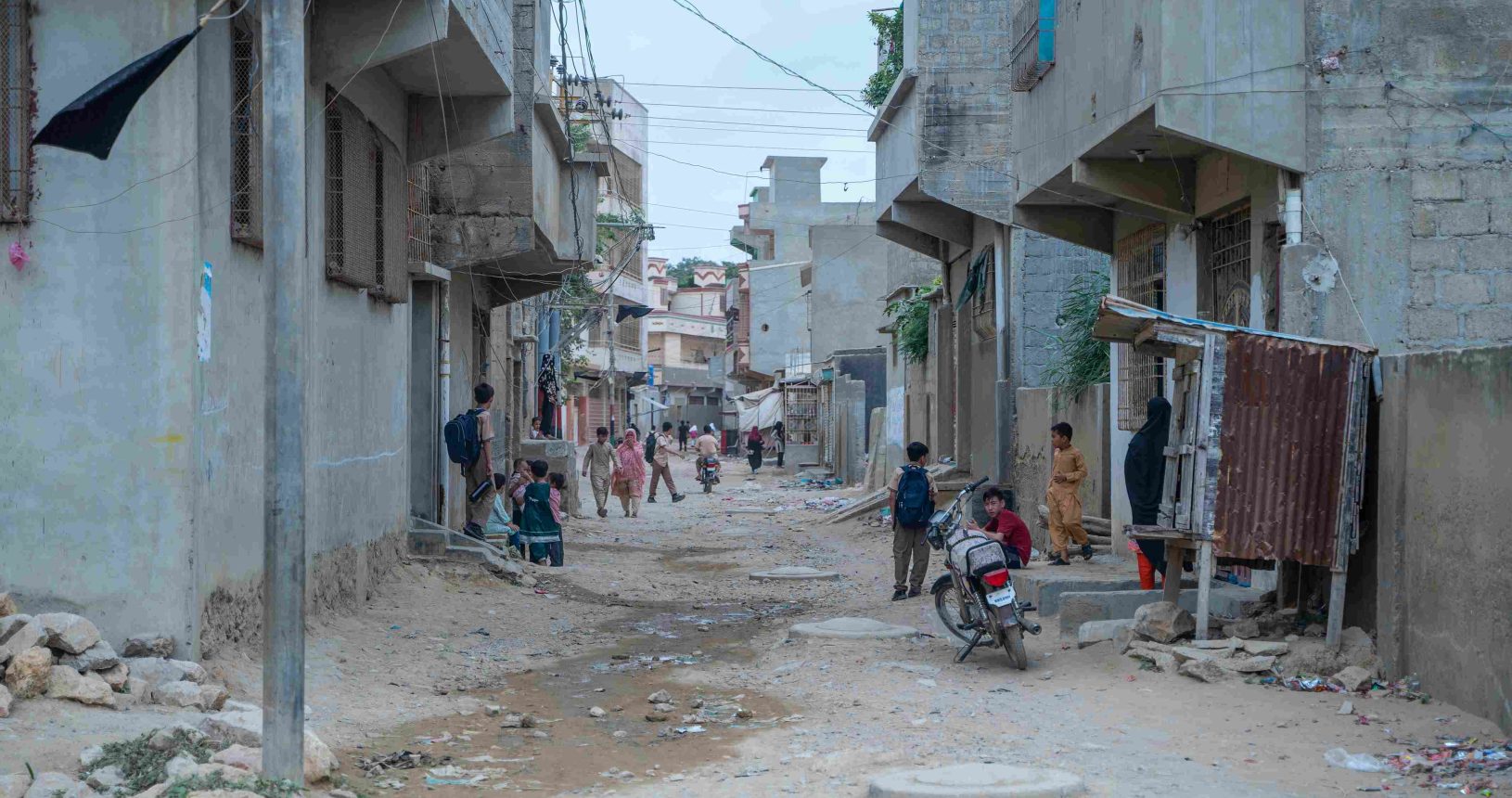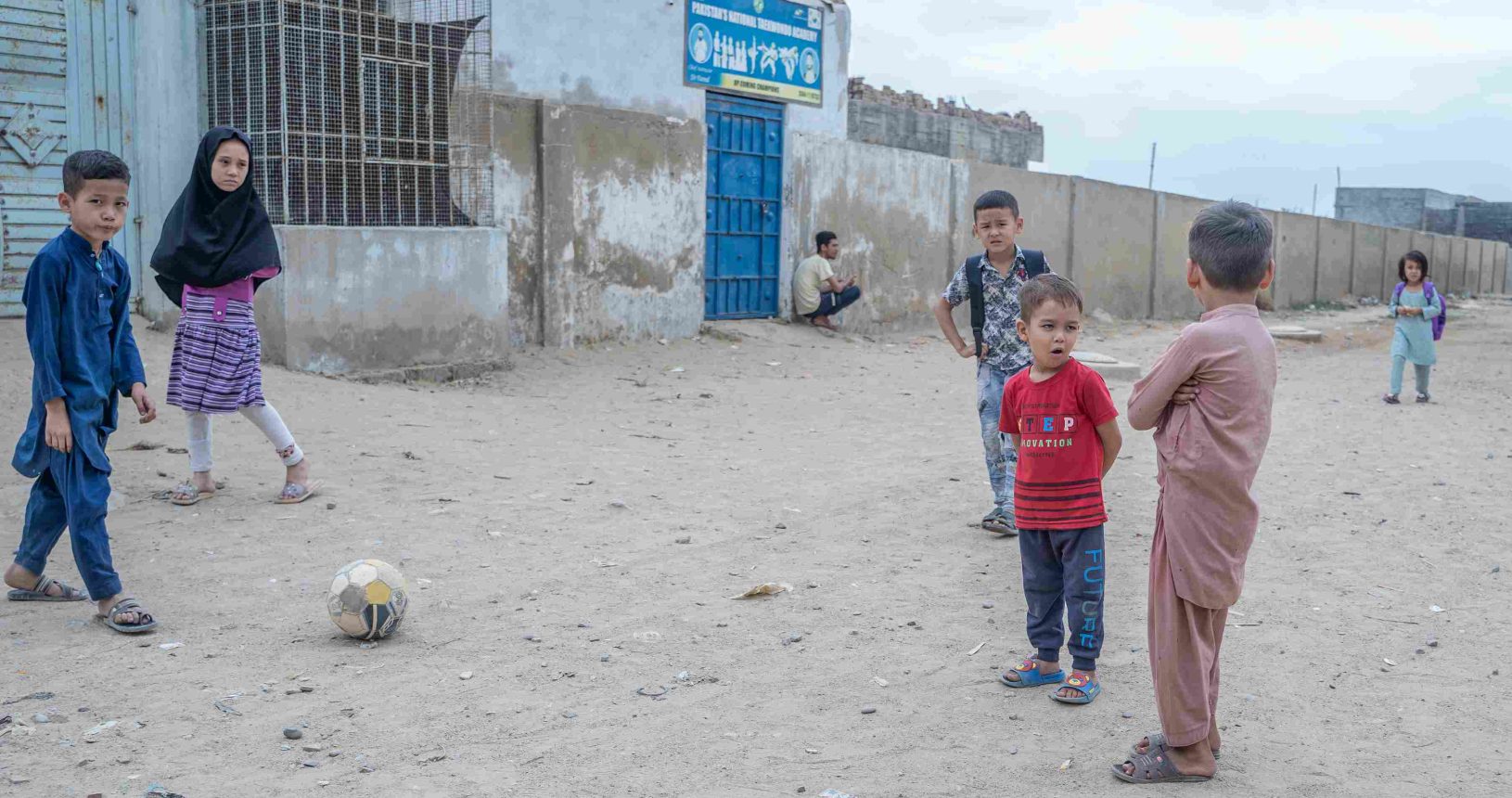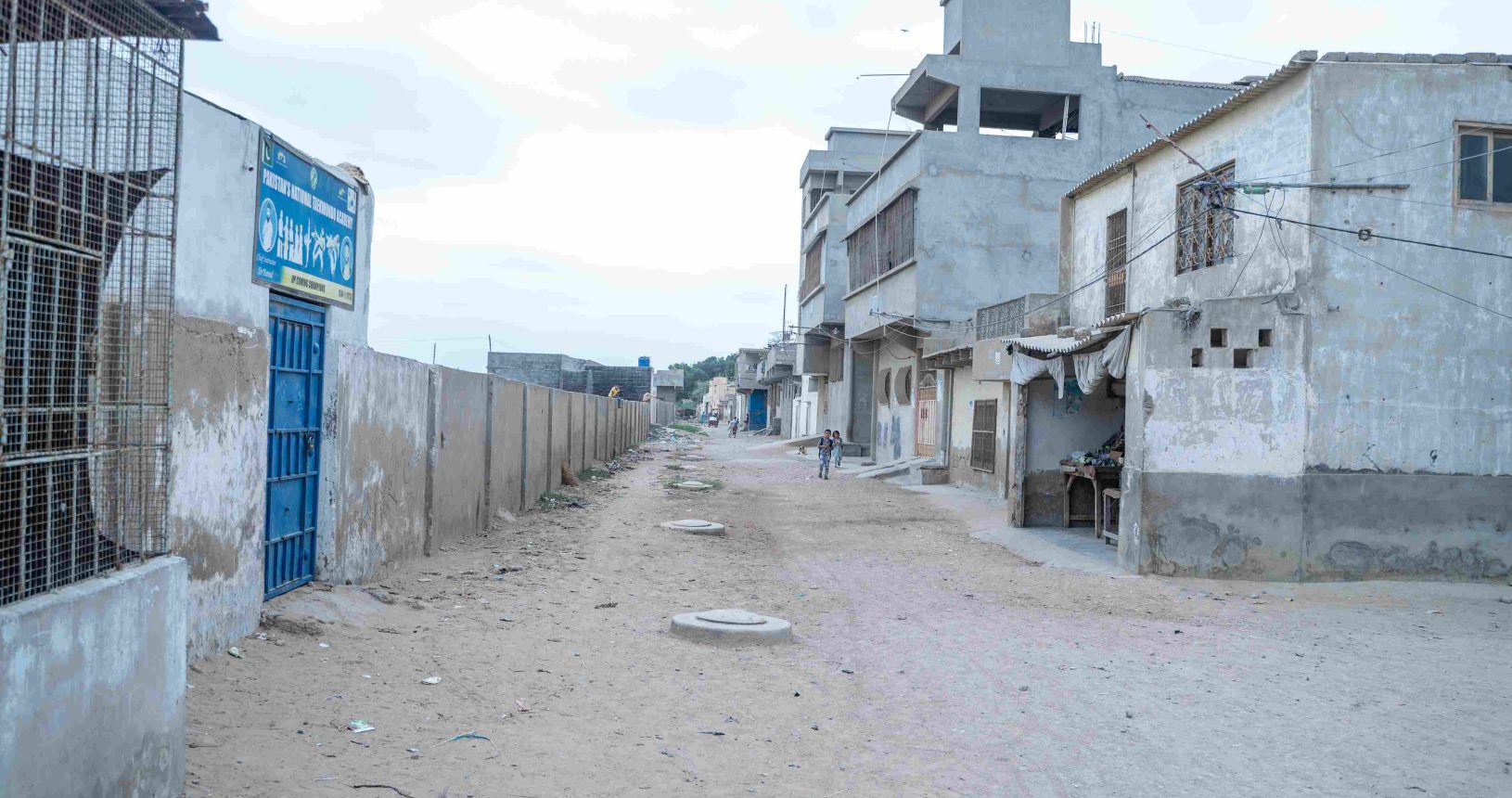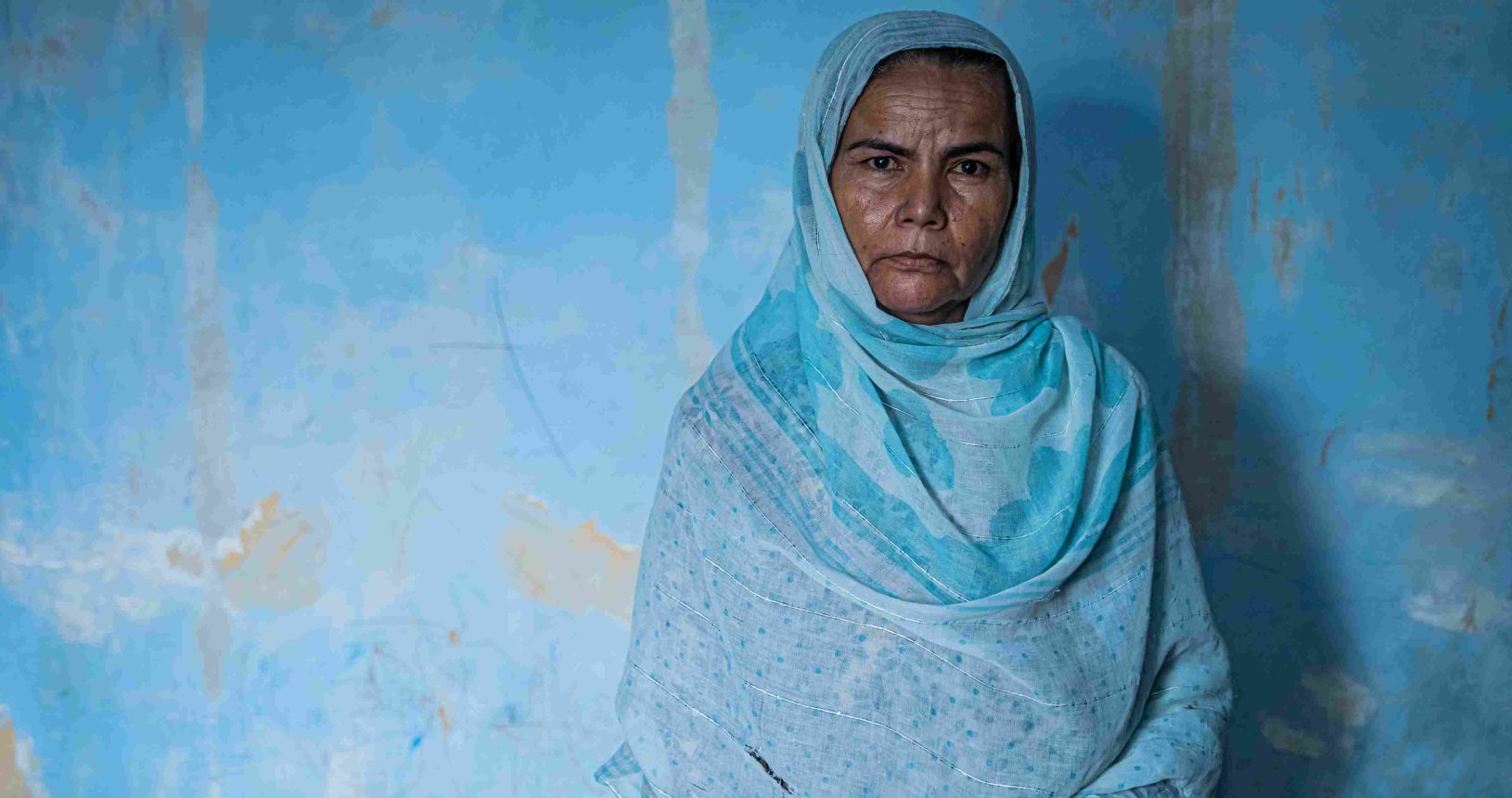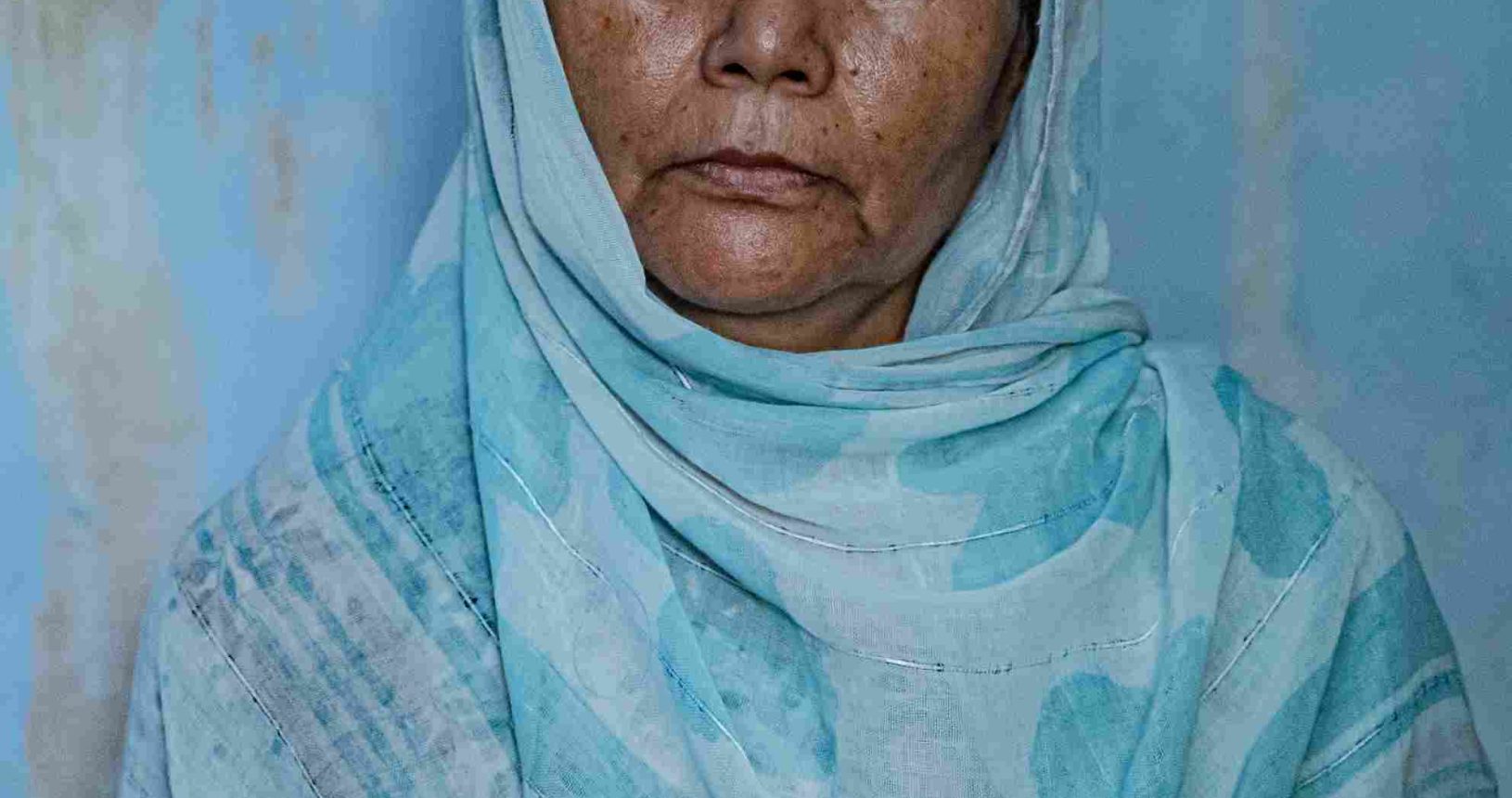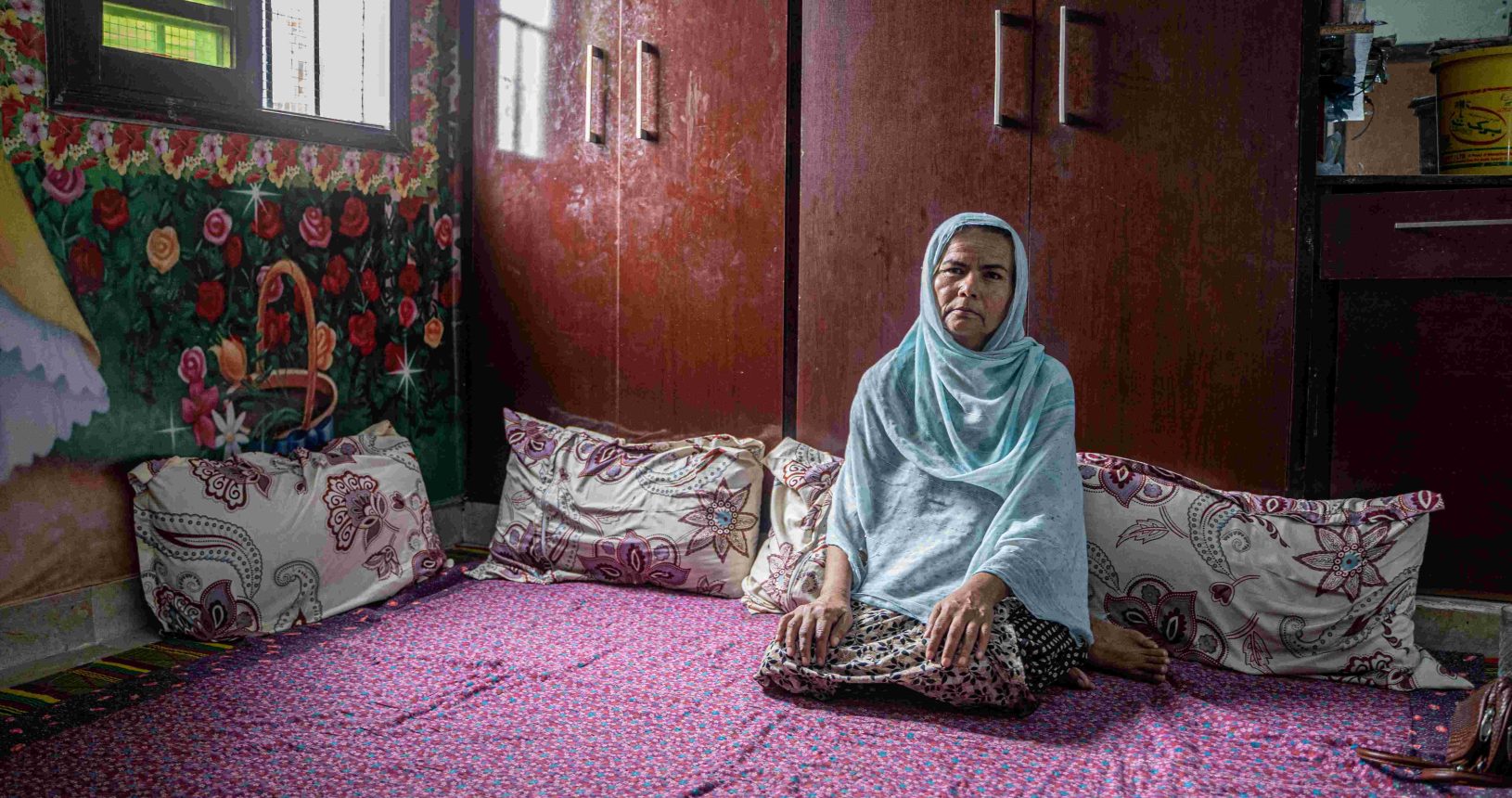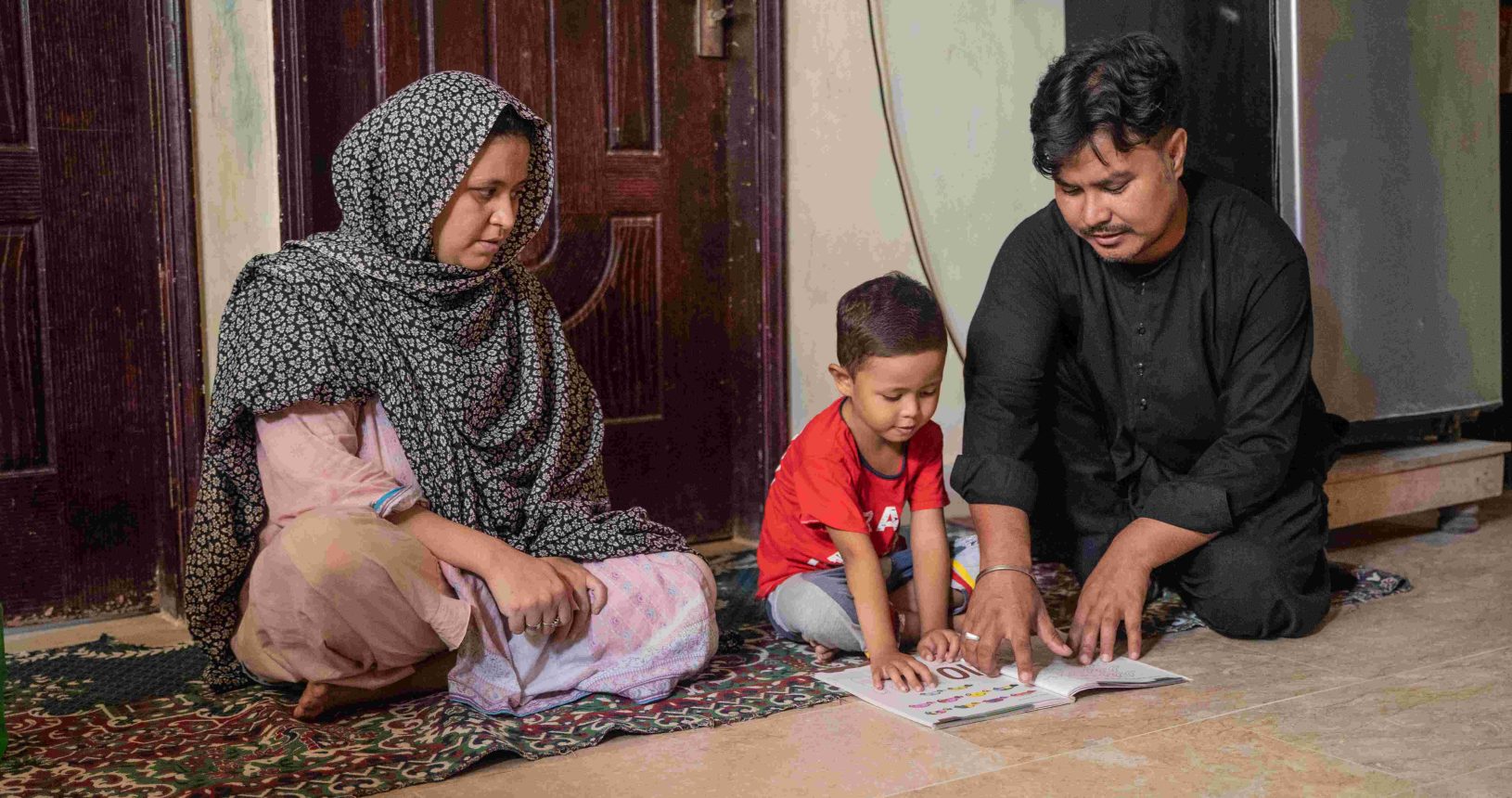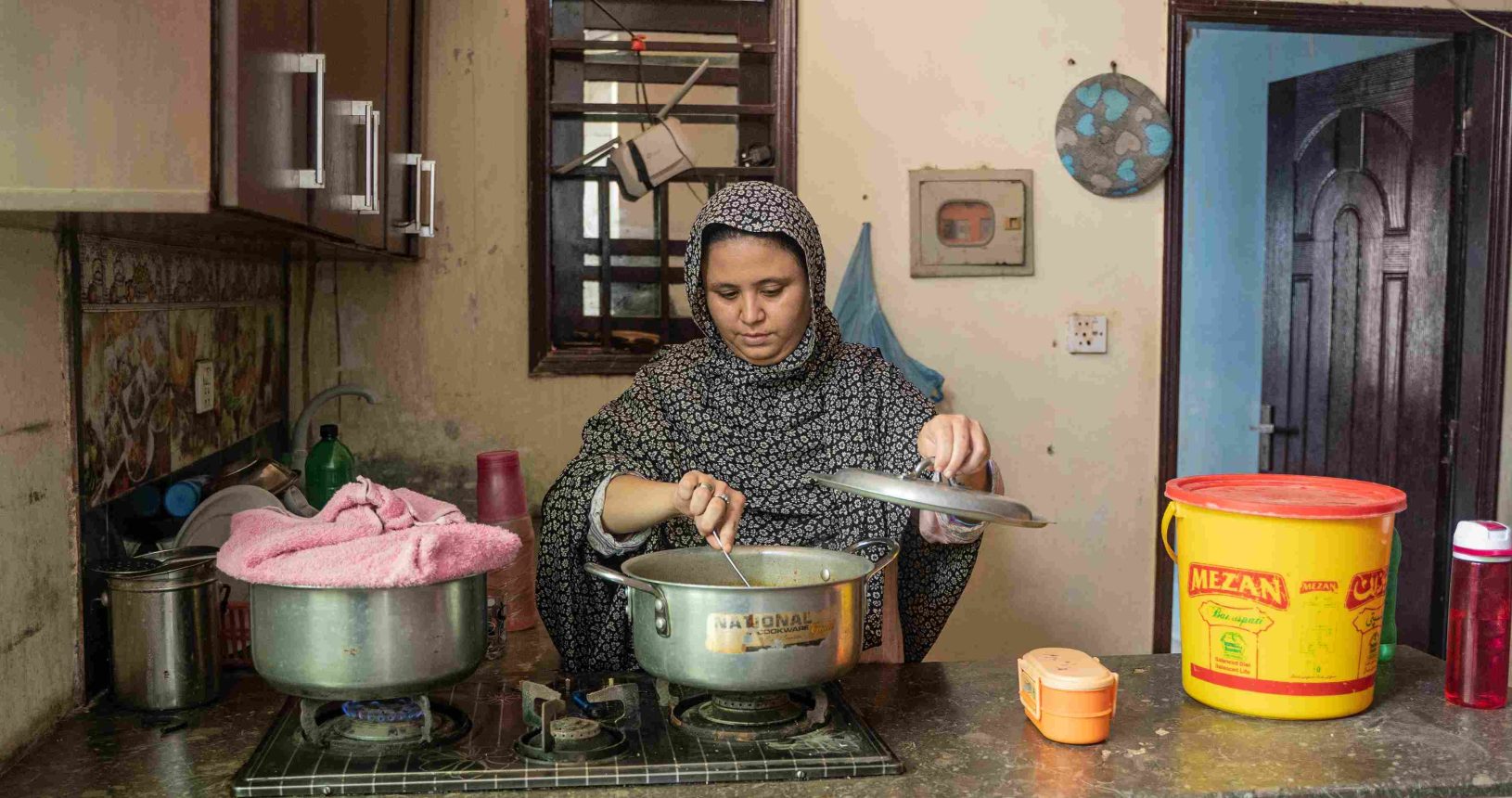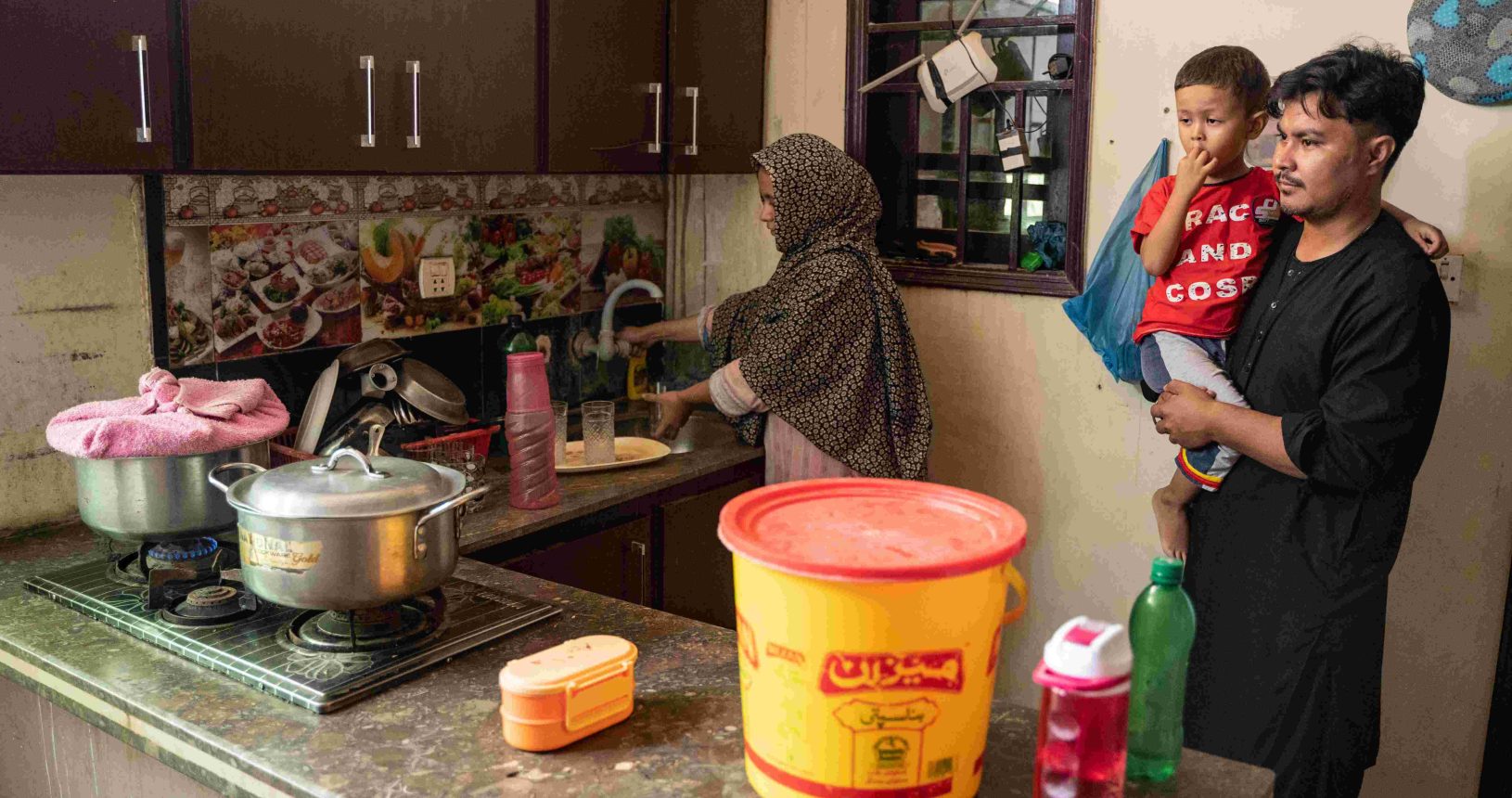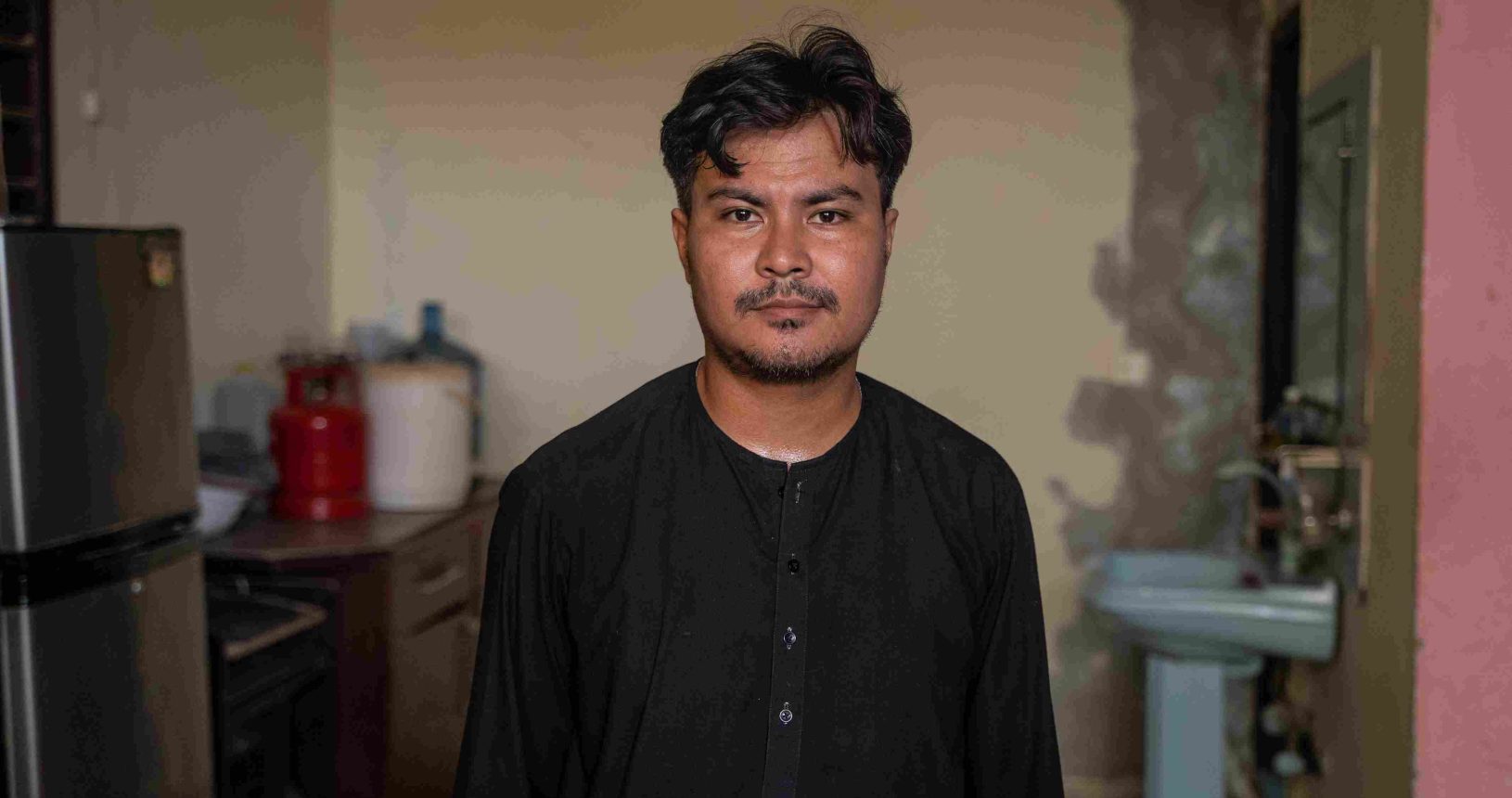Audio Stories
Sherbano – Quetta, Balochistan
It was 2012, when Sherbano, who was in her late 40s or early 50s, fled Quetta with her son due to the Hazara community's persecution and constant threat of violence. Her husband opted to stay in Quetta to support them financially, bearing the cost of displacement and ensuring his son's well-being.
Iftikhar Hussain – Quetta, Balochistan
Iftikhar Hussain relocated to Karachi in 2012, leaving behind his hometown of Quetta. The prevalent enviornment of violence, harassment, discrimination, and the looming threat of being targeted in Quetta were the driving factors behind his displacement. He departed from Quetta during a period marked by heightened violence against his community. The fear of returning has since taken deep root within him, and despite the desire to revisit his birthplace and hometown, Quetta, he cites resource constraints as a hindrance.
Photo Stories
Yaqoob Shah Basti is a settlement situated on the outskirts of Karachi, under the jurisdiction of the Manghopir Town Municipal Corporation in District West, Karachi. The origin of this settlement carries a unique history, tracing back to a leprosy patient of Afghan Uzbek descent who arrived at the local leprosy centre in the mid-20th century. Renowned for his Quran teachings to neighbourhood children and offering prayers for the ailing, this locale gradually became home to the Hazara Shia Muslim community. Presently, it predominantly houses approximately 15,000 Shia Hazara community members and is colloquially known as Hazara Town due to its demographic composition.
The community encountered a challenging period during the sectarian target killings of 2012 and 2013. Distinctive physical features made the Hazara community susceptible to attacks during this dark phase, resulting in widespread persecution not only in Quetta but also in Karachi. Responding to these threats, Hazara households in Yaqoob Shah Basti discreetly fortified their area for self-defence. As peace returned to Karachi, many Hazara families sought refuge in Yaqoob Shah Basti, escaping security challenges in Quetta, where they had been marginalized.
Within Yaqoob Shah Basti, numerous community members find employment in small-scale garment factories established within the settlement, while others pursue careers in teaching, business, or private employment.
Nonetheless, this community grapples with several substantial challenges that significantly impact their well-being, mental health, and overall quality of life. One pressing issue revolves around identity documentation, specifically the renewal of Computerized National Identity Cards (CNICs). NADRA officials often request documents that individuals may have left behind when relocating to Karachi or subsequently lost. Even when all necessary documents are provided, many cases remain pending without a clear explanation.
Another prominent concern within the community is the fear of physical assault and targeted attacks, which has led to feelings of discrimination and exclusion in Pakistan. Limited access to complete identity documents has resulted in employment and education difficulties, with employers frequently exploiting Hazara individuals by offering lower pay and positions below their qualifications. These challenges also hinder the community's ability to meet basic needs, including housing and utility payments, often leading to financial constraints and dependence on welfare or charity from community organizations for survival. The situation is further exacerbated by the high costs associated with education, making it challenging for many children to attend school.
Members of the community who migrated from Quetta in the last 10-12 years often grapple with high levels of mental health challenges, including symptoms of post-traumatic stress disorder (PTSD) and common mental disorders. These issues arise from their exposure to violence and persecution against their community members, as well as the loss of loved ones due to targeted attacks. Community support plays a crucial role in addressing these mental health challenges, with varying levels of assistance provided by community groups acting as the host community.
In light of these pressing challenges, the community advocates for peace and security, considering it a fundamental human right. They call upon society to ensure these rights are upheld. Interventions such as poverty alleviation, mental health support, and equal education and employment opportunities would significantly contribute to their collective well-being. Additionally, measures to protect against targeted violence and persecution while promoting community support and inclusivity are essential in combating feelings of isolation and discrimination.

